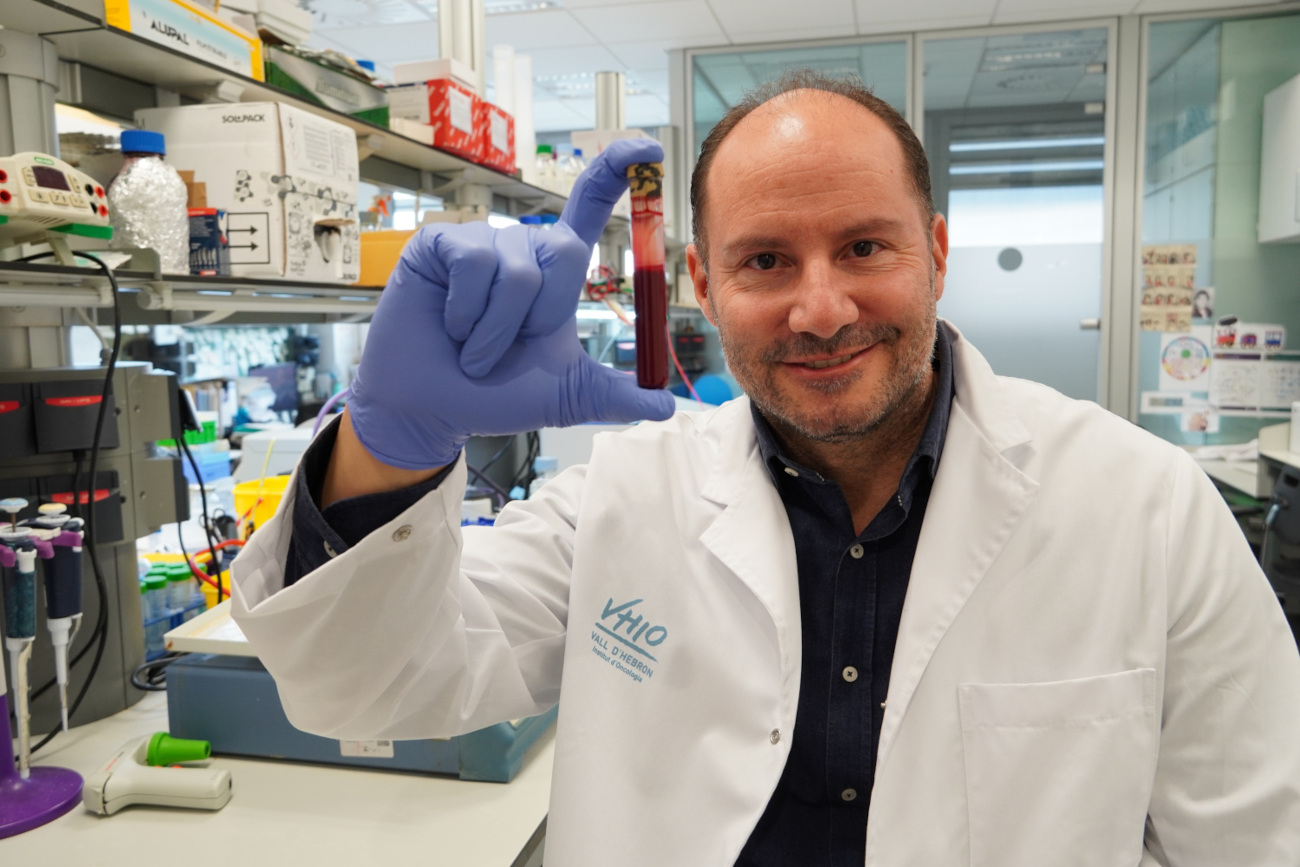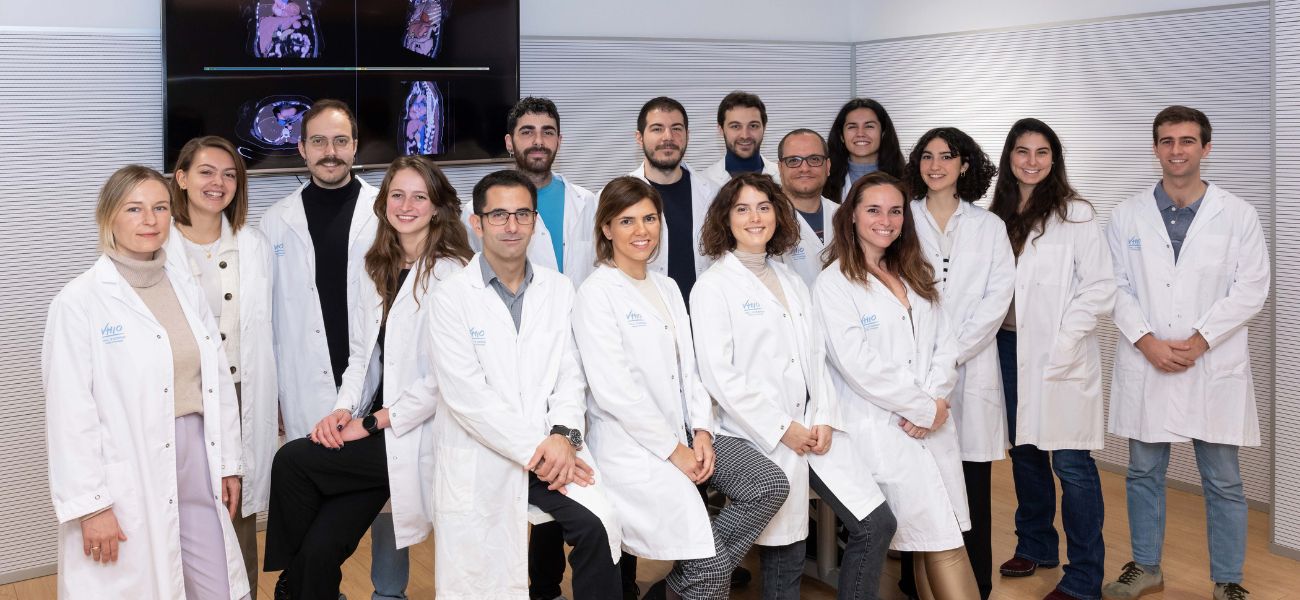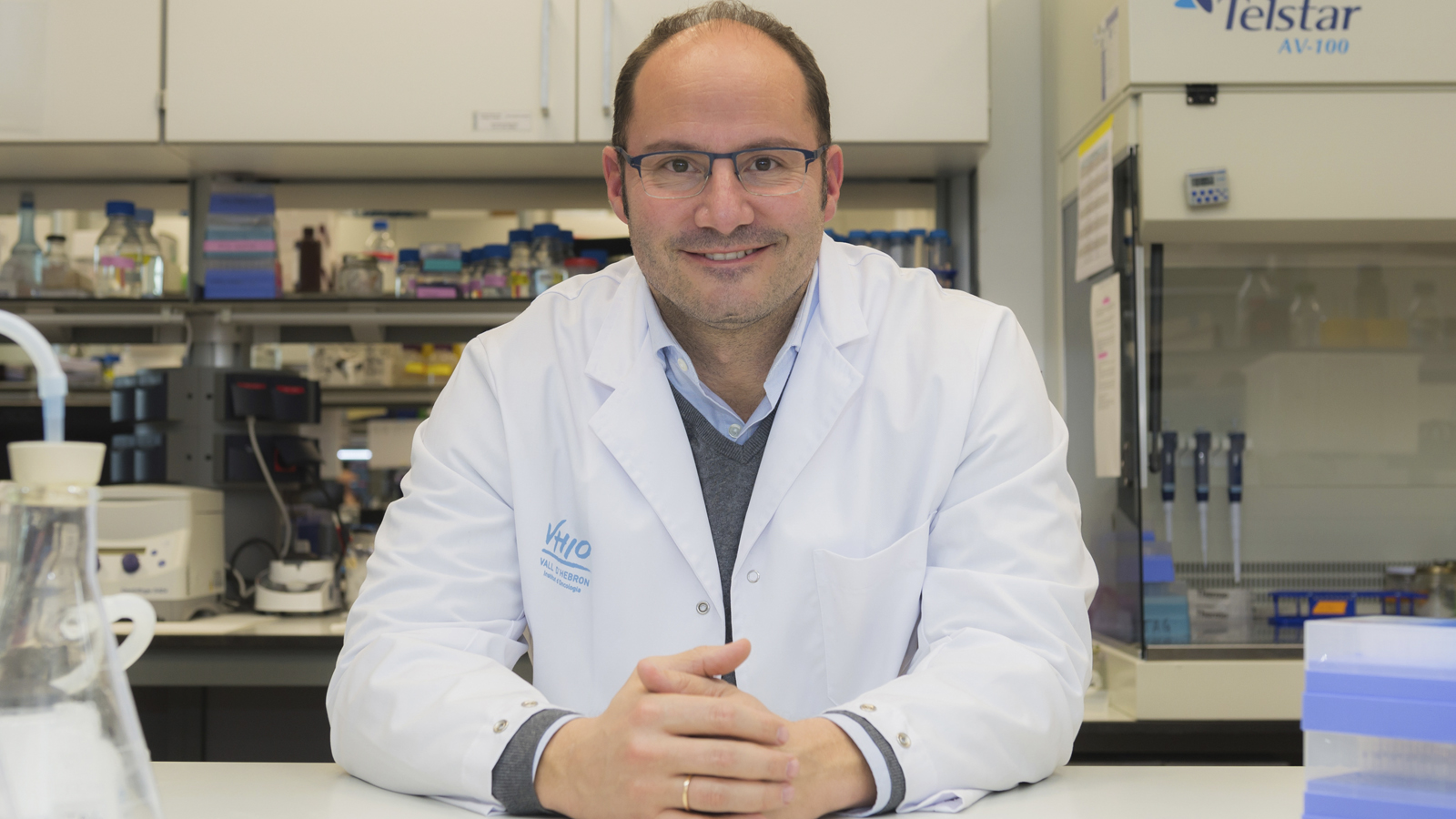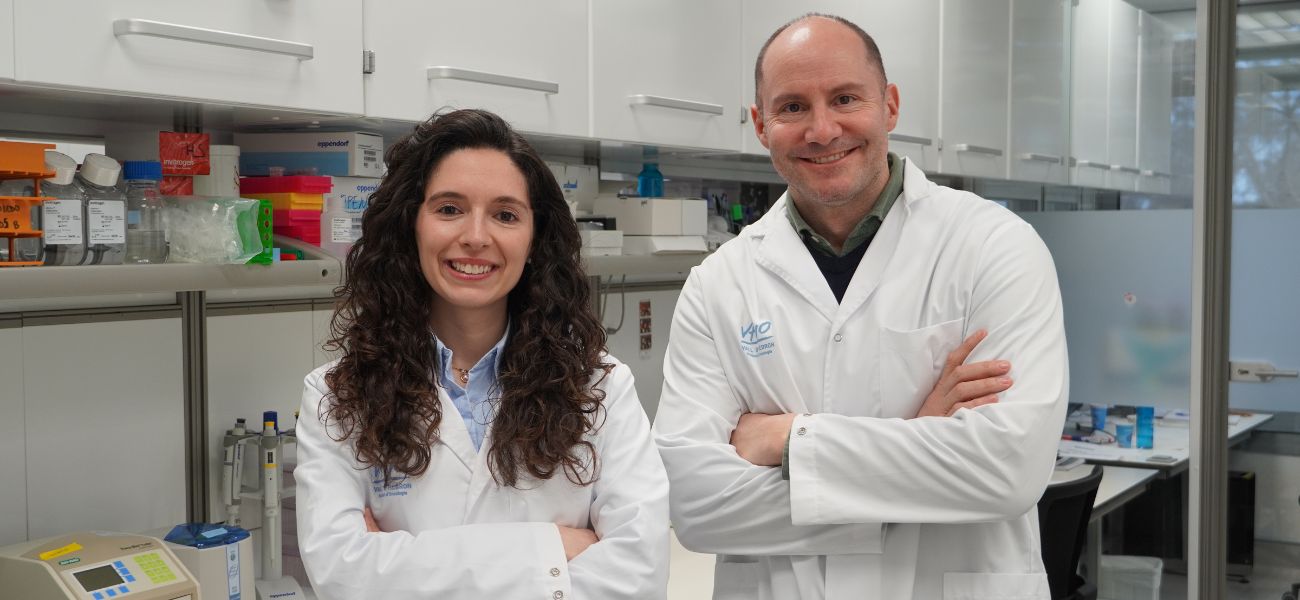
VHIO’s Biomarkers and Clonal Dynamics Group is dedicated to unraveling the molecular complexities and variables influencing clinical outcomes in patients.We aim to advance cancer research through the innovative application of tumor evolutionary analyses using longitudinal tumor and circulating tumor DNA (ctDNA)-based liquid biopsy in different clinical and therapeutic settings including cancer immunotherapies and targeted therapies. We also study the impact of hypoxia on tumorigenesis and clinical features, EPAS1-HIF2α mutation selection, and the efficacy of HIF2α inhibitors.
VHIO’s Biomarkers and Clonal Dynamics Group applies innovative tumor evolution analyses on longitudinal tumor and circulating tumor DNA (ctDNA) liquid biopsy samples across diverse clinical and therapeutic contexts. Through this integrative approach, our research aims at unravelling the evolutionary complexity of human cancers and expose actionable insights that may be translated into clinical practice, with a primary focus on cancer immunotherapy and targeted therapies.
Our liquid biopsy research also extends to rare adrenal malignancies, including pheochromocytomas and paragangliomas (PPGL) as well as adrenocortical carcinomas (ACC), where we apply ctDNA-based approaches to improve disease monitoring and therapeutic decision-making.
- Apply multimodal ctDNA assays to predict response to immunotherapy and targeted therapies across tumor types.
- Characterize tumor heterogeneity: examine the temporal heterogeneity of tumors using tumor and liquid biopsy sequencing approaches during treatment response and disease progression, particularly in the context of immunotherapy and targeted therapies.
- Investigate the mechanisms of cancer drug resistance to immunotherapy and targeted therapies to identify potential biomarkers of resistance in liquid biopsy that inform more effective treatment strategies.
- Evaluate the clinical utility of circulating tumor DNA (ctDNA) analysis in rare adrenal cancers suh as pheochromocytomas, paragangliomas (PPGL), and adrenocortical carcinomas (ACC).
Group Leader
Rodrigo A. Toledo
PhD Students
Carlota Arenillas
Oriol Mirallas Viñas
Ana Belen Moreno-Cárdenas
Data Manager
Alma Calahorro
Laboratory Technician
Aya Louhamane
Bioinformatician
Adriana Bareas
Alessandra Bonilla
Debayan Datta
Data Scientist
Kira Raskina
- Wyatt, A. W., Litiere, S., Bidard, F. C., Cabel, L., Dyrskjøt, L., Karlovich, C. A., Pantel, K., Petrie, J., Philip, R., Andrews, H. S., Vellanki, P. J., Tolmeijer, S. H., Villalobos Alberu, X., Alfano, C., Bogaerts, J., Calvo, E., Chen, A. P., Toledo, R. A., de Vries, E. G. E., … RECIST ctDNA workshop group. (2024). Plasma ctDNA as a treatment response biomarker in metastatic cancers: Evaluation by the RECIST working group. Clinical Cancer Research, 30(22), 5034-5041. https://doi.org/10.1158/1078-0432.CCR-24-1883
- Stanley, K. E., Jatsenko, T., Tuveri, S., Sudhakaran, D., Lannoo, L., Van Calsteren, K., de Borre, M., Van Parijs, I., Van Coillie, L., Van Den Bogaert, K., De Almeida Toledo, R., Lenaerts, L., Tejpar, S., Punie, K., Rengifo, L. Y., Vandenberghe, P., Thienpont, B., & Vermeesch, J. R. (2024). Cell type signatures in cell-free DNA fragmentation profiles reveal disease biology. Nature Communications, 15(1), 2220. https://doi.org/10.1038/s41467-024-46435-0
- Prior, O., Macarro, C., Navarro, V., Monreal, C., Ligero, M., Garcia-Ruiz, A., Serna, G., Simonetti, S., Braña, I., Vieito, M., Escobar, M., Capdevila, J., Byrne, A. T., Dienstmann, R., Toledo, R., Nuciforo, P., Garralda, E., Grussu, F., Bernatowicz, K., & Perez-Lopez, R. (2024). Identification of precise 3D CT radiomics for habitat computation by machine learning in cancer. Radiology: Artificial Intelligence, 6(2), e230118. https://doi.org/10.1148/ryai.230118
- Ligero, M., Serna, G., El Nahhas, O. S. M., Sansano, I., Mauchanski, S., Viaplana, C., Calderaro, J., Toledo, R. A., Dienstmann, R., Vanguri, R. S., Sauter, J. L., Sanchez-Vega, F., Shah, S. P., Ramón Y Cajal, S., Garralda, E., Nuciforo, P., Perez-Lopez, R., & Kather, J. N. (2024). Weakly supervised deep learning predicts immunotherapy response in solid tumors based on PD-L1 expression. Cancer Research Communications, 4(1), 92-102. https://doi.org/10.1158/2767-9764.CRC-23-0287
- Huebner A, Black JRM, Sarno F, Pazo R, Juez I, Medina L, Garcia-Carbonero R, Guillén C, Feliú J, Alonso C, Arenillas C, Moreno-Cárdenas AB, Verdaguer H, Macarulla T, Hidalgo M, McGranahan N, Toledo RA. ACT-Discover: identifying karyotype heterogeneity in pancreatic cancer evolution using ctDNA. Genome Med. 2023 Apr 20;15(1):27.
- Targeting Ferroptosis as a new therapeutic approach to overcome resistance to checkpoint inhibitors. Funded by: Agencia de Gestió d’Ajuts Universitaris i de Recerca (AGAUR). Reference: 2024 LLAV 00119. 12/01/2024 – 05/31/2025. PI: Rodrigo Toledo
- Initiated data analysis of the IMMUNOMICs-ctDNA immunotherapy project.
- Validation by international scientific groups of our discovery of RNF43 mutations as predictive biomarkers of response in patients with BRAF-mutated colorectal cancer (CRC) treated with anti-BRAF/EGFR therapy.
- Development of ACT-Discover to increase sensitivity of ctDNA detection in plasma samples.
- We have reviewed the efficacy of inhibitors of the hypoxia-inducible factor-2 alpha (HIF2α) in tumors harboring mutations in the hypoxia pathway.



















